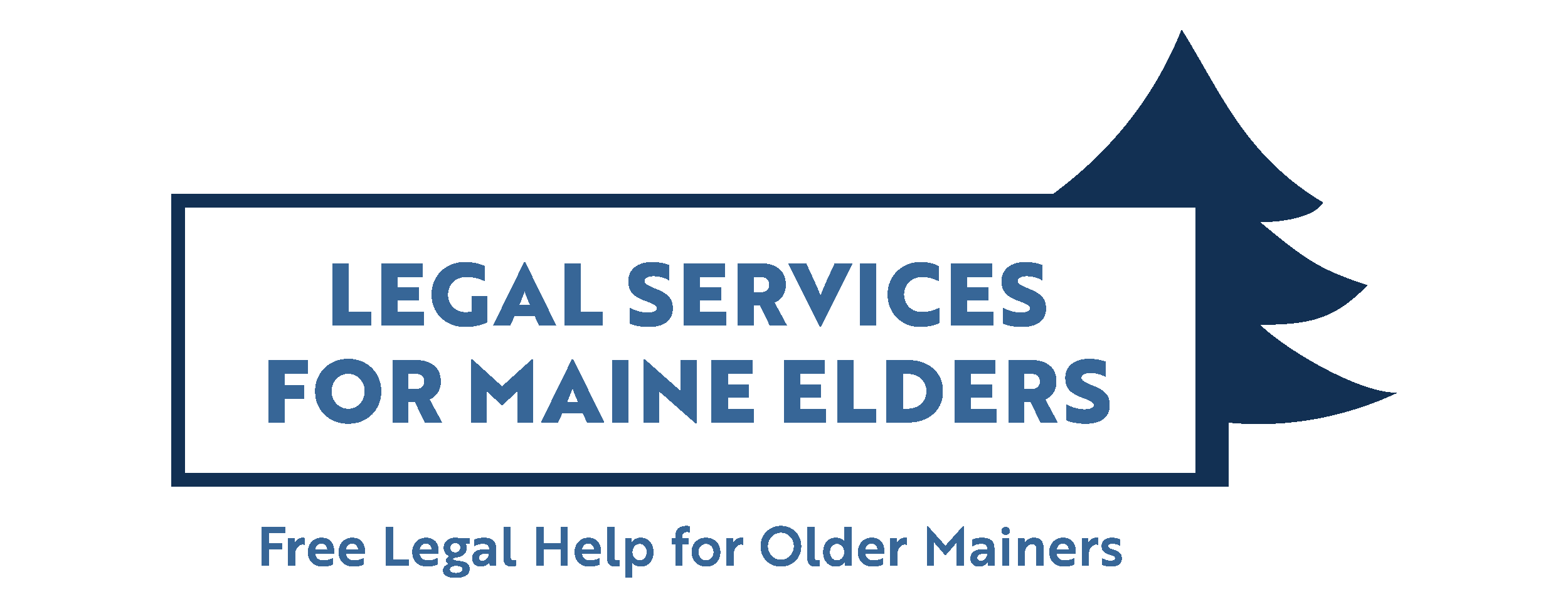If you are having a hard time paying for your utilities, there are some things you can do. The first thing you should do is call your utility provider and see if they will agree to some form of payment arrangement. Depending on the type of utility, your utility provider might be required to agree to a payment schedule. If your utility provider agrees to a payment plan, make sure you get a copy of the agreement in writing.
You might be able to get public assistance to help you with your bills.
- Low Income Home Energy Assistance Program
The Low Income Home Energy Assistance Program (LIHEAP) is a federal program that provides aid in the form of funding for oil, propane heat, wood, electricity, and natural gas. LIHEAP helps people pay for their heating costs. Homeowners and renters can apply to this program.
The amount of assistance you might be eligible to receive is based on your income level and the age of the members of your household. If someone in your household is at risk for hypothermia due to a health condition, this also might qualify you for LIHEAP assistance. Keep in mind that if you receive help through LIHEAP, your monthly food supplement benefit might be impacted.
You should contact your local Community Action Program to find out what resources are available to you. Find the Community Action Program nearest you by clicking here.
Read more about the Low Income Home Energy Assistance Program by clicking here.
- General Assistance Program
You may also be able to get help through your town or city's General Assistance (GA) Program. General Assistance is often only for people whose income is under a certain limit. However, the income limits can be higher in an emergency. For example, people may get GA if it is necessary to avoid electricity disconnection. You can apply at your Town Office or City Hall.
Read more about General Assistance in Maine by clicking here.
- Emergency Assistance
If you have minor children living with you and are in danger of having a utility shut off, you can apply for Emergency Assistance through the local office of the Department of Health and Human Services. Family income must be below 100% of poverty guidelines or the family must be getting TANF, SSI, or Food Stamps. You should contact your local Community Action Program to find out what resources are available to you. Find the Community Action Program nearest you by clicking here.
- Your Rights with your Utility Providers
Maine law provides extra protections against utility disconnection during the winter months to help residents who are struggling to pay their electric bills. Between November 15th and April 15th, your utility provider must work with you to try and make your payments affordable to avoid disconnection of service.
Regardless of the time of year, if you or someone in your household is seriously ill or is experiencing a disability, you might be able to get some relief if you are behind on your utility bills.
To find out more about your rights with your service providers, visit the Maine Equal Justice Partners website, available by clicking here.
If you think your rights are being violated, you should speak to an attorney. If you are a Maine resident who is 60 or older, call the Legal Services for Maine Elders Helpline at 1-800-750-5353 to speak to an attorney for free.
You can also call the Maine Office of the Public Advocate. The Public Advocate’s office can talk to you about your rights with your utility providers. Call the Public Advocate’s office at: 1-207-287-2445, or visit the Consumer Help section of the Public Advocate’s website by clicking here.
